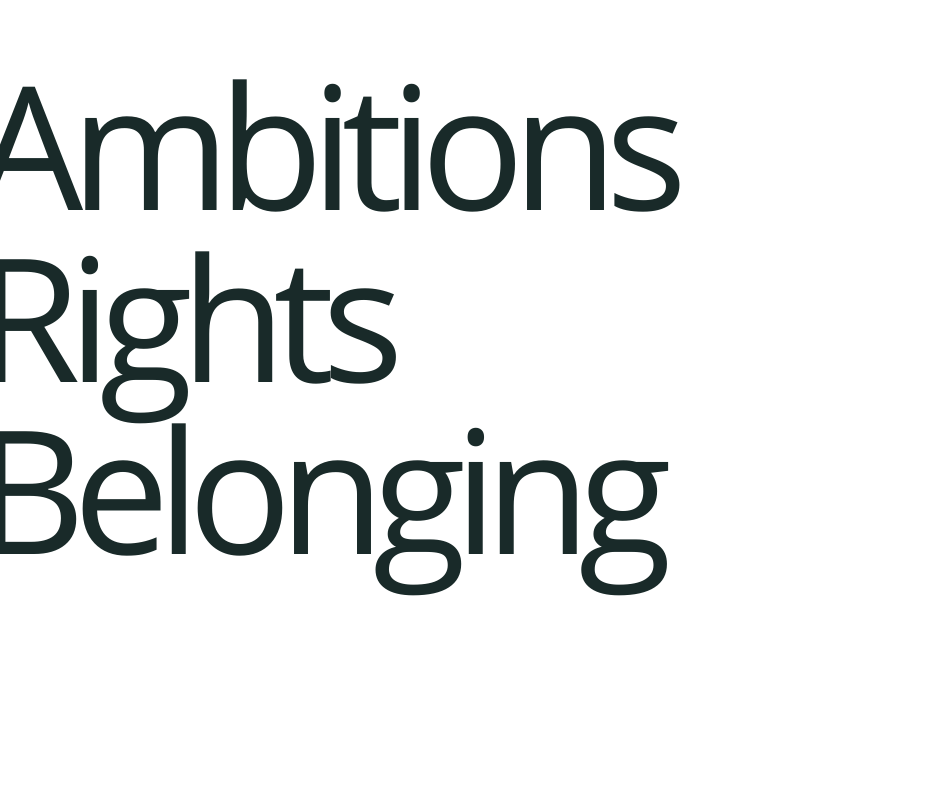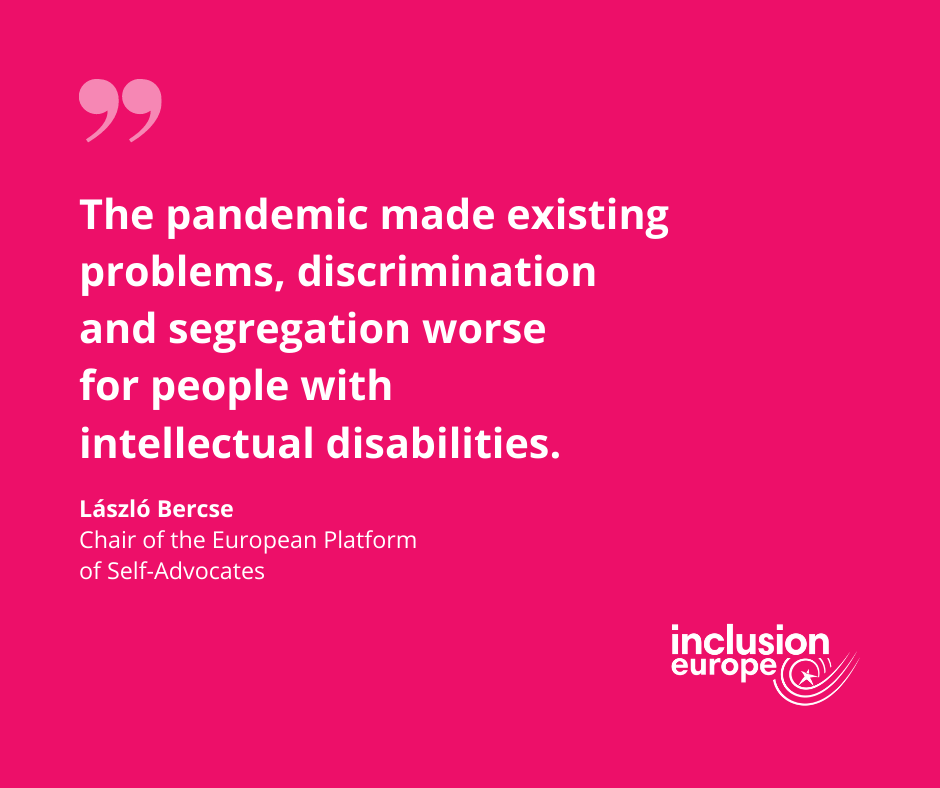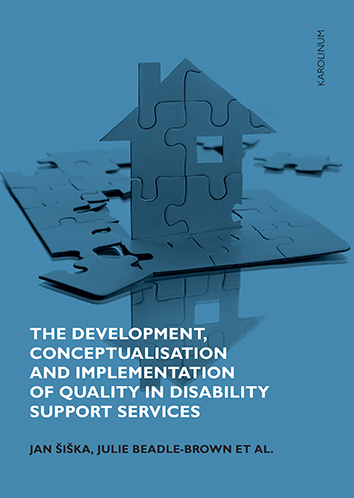-
Build relationships, not houses
Last 2 days have been about learning how supporting living works in Greece, and how to improve it and make it available to many more people. It was a conference in Athens, held by Estia to mark 10 years of providing supported living services. They kindly invited me to talk about support for independent living and inclusion to…
-
Recommendations for Polish deinstitutionalisation strategy
Polskie Forum Osób z Niepełnosprawnościami organised a conference called “We have the right to live independently. We cannot wait any longer”, and I was invited to speak during a panel about the Polish deinstitutionalisation strategy and “whether we have to wait until 2030?” I offered suggestions for deinstitutionalisation: Prevent institutionalisation of those living in the…
-
Deinstitutionalisation and families
Today I spoke during a EESC hearing about challenges of the transition from institutional to community-based support for persons with disabilities and the role of families as their carers. I talked about priorities in deinstitutionalisation, one of which must be making the changes work for people with complex support needs too. They are often left…
-
Voter suppression? That’s fine by us says European Court of Human Rights
Written for Inclusion Europe 13 September 2021. When the news is filled with clawing away of people’s rights, and chipping away on the rule of law, what does a democratic-minded person do to keep hopeful and level-headed? We look up to the institutions charged with protecting them, of course. But what does one do when…
-
Just some work from last year which, in retrospect, makes me happy.

I don’t know about you but I don’t find project reporting particularly enjoyable. It doesn’t help when it is all about a year which itself was incredibly hard. But there is one element to it which is quite gratifying: seeing all of the year’s work collected and summarised together. It gives you a perspective on…
-
Neglect and discrimination multiplied

Inclusion Europe has published a new report on how the coronavirus and the measures implemented in response to the pandemic have impacted on the rights and lives of people with intellectual disabilities. It makes for grim reading, finding that the discrimination and neglect faced by those with intellectual disabilities worsened during the pandemic. Politico.eu The Inclusion Europe…
